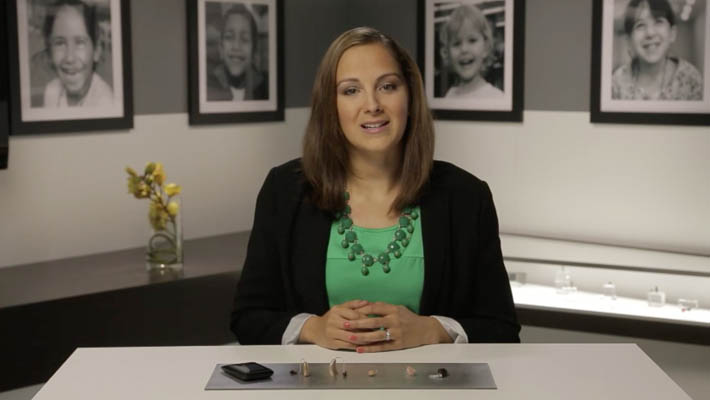Help a loved one with hearing loss
Help those you care about get the hearing loss help they need.
You can make a difference
Hearing loss doesn't just affect the person who has it. It also affects spouses, family members and friends.
Physically, the inability to hear warning sounds or the voices of dependents could potentially put lives in danger. Even emotionally, the impact can resonate throughout family and social circles — from frustration with repeating things over and over, to sadness at seeing a loved one isolate themselves from the people and activities they enjoy.
Convincing someone to seek help for hearing loss is not always easy, but it’s the right thing to do.
- Better hearing with a human touch.
- Hearing is Living
- WFA
- Hidden Hearing
How you can help
- Talk to your loved one about their hearing concerns
- Gently remind them of their hearing loss every time you "translate" or repeat something for them
- Encourage them to visit a hearing professional to get their hearing tested and their questions answered
- Offer to schedule and attend a hearing consultation with them
- Remind them they have nothing to lose and potentially so much to gain by seeing a hearing professional
How hearing loss affects loved ones
Hearing loss doesn’t just affect the person who has it. Friends and family are impacted, too:

Increased frustration
Loud TVs, constantly repeating yourself, or having to “translate” for your loved one can be frustrating.
Heightened concern and worry
Hearing loss increases the risk of falls, injuries and missed warning sounds — which increases everyone’s worry and stress.
Recurring miscommunication
When instructions or information get lost in translation, the chance for mistakes and misunderstandings grows.
Sadness
Watching a loved one gradually withdraw from the people and activities they love can be painful and sad.

Frequently asked questions
Hearing loss doesn't just affect the person who has it. It also affects spouses, family members and friends.
Read moreIt is difficult to encourage someone with hearing loss to get the help they need without first getting them to acknowledge they have hearing issues.
Read about five tips to be a great advocate for a friend or loved one with hearing lossRather than simply applying short-term solutions, such as speaking louder, leaving the room when the TV is on, or repeating constantly, help your loved one find a better solution. When approaching a spouse about hearing loss, remember he or she may be in denial or self-conscious about the problem.
Learn a few steps to follow to help the process go smoothlyYou might also like:
-

Talking to your loved one about hearing loss
Frequently, those with the hearing loss are the last to acknowledge it. Learn why it’s important to advocate better hearing.
-

What is your loved one experiencing?
The hearing loss simulator helps you understand what your loved one may be going through.
Find out -

Do’s and don’ts of communication
Learn five things to do and five things not to do when communicating with someone who has hearing loss.
Get the tips